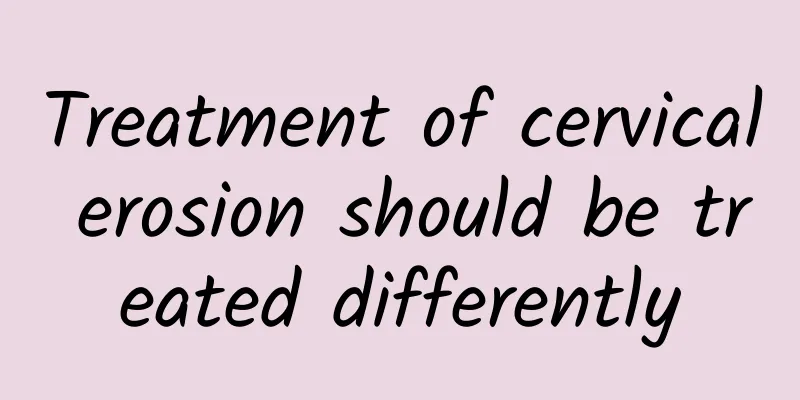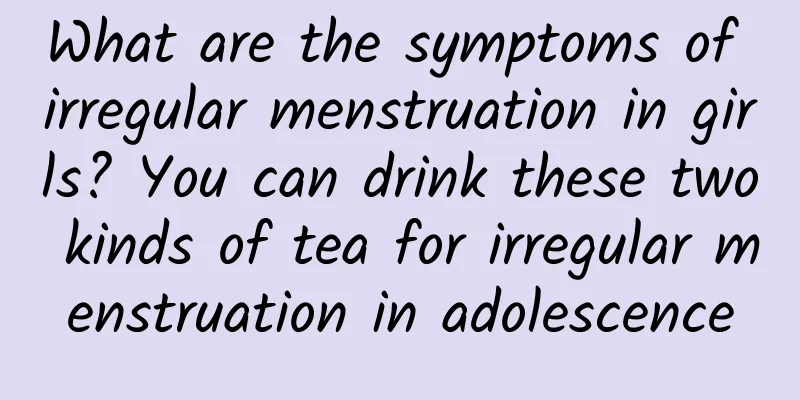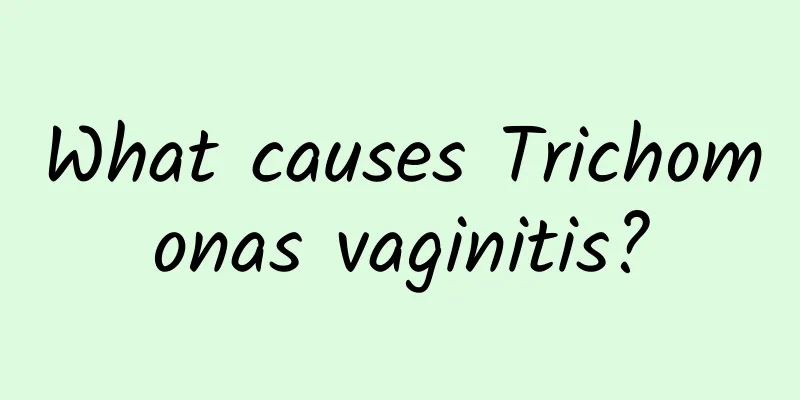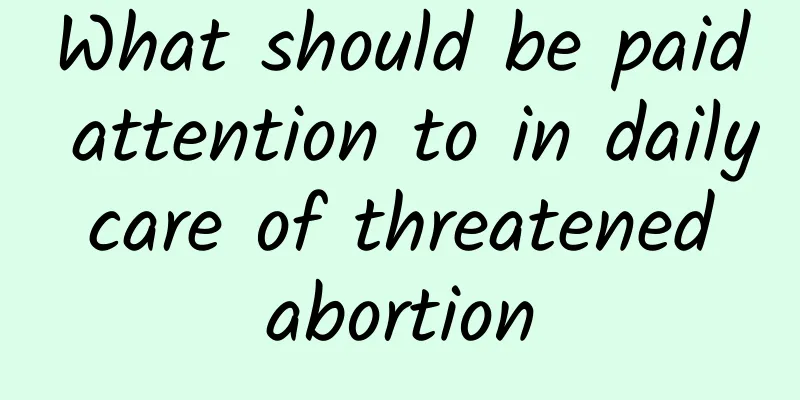Drink juice? Dong's: Fruit-flavored drinks are a "big scam"
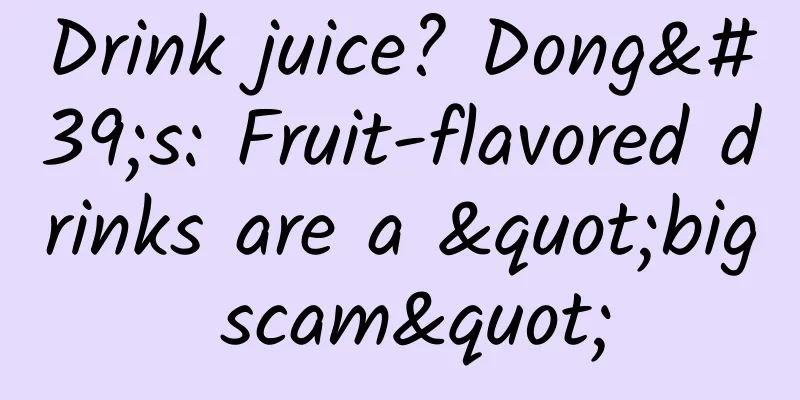
|
Many people believe that fruit juice is healthier than other beverages because they can drink fruit. However, the Tung Foundation has found that many commercially available fruit juice drinks are actually made from chemical compounds, but are packaged with pictures of real fruits or given fruit-themed names. Therefore, although people can taste the fruit flavor, they are not really drinking juice, which is misleading. Many fruit juice drinks on the market are actually made from chemical compounds, but they are packaged with pictures of real fruits or given names that have fruit connotations, which may be misleading. (Photo courtesy of Tung Foundation) The Tung Foundation and legislator Wang Yu-min held a press conference today, the 12th, questioning the "huge deception" of commercially available fruit juice drinks, as the fruit juice content is obviously very low, and some even only have fruit-flavored compounds. They called on the Department of Health to require businesses to clearly indicate the "juice content percentage" on the packaging of fruit juice drinks. If the drink does not contain fruit juice but only has fruit flavor, it should be labeled "no juice." Hsu Hui-yu, director of the Tung Nutrition Group, said people tend to conclude that drinks contain fruit juice or are high in fruit juice based on factors such as brand awareness, real fruit pictures on the packaging, fruit connotations in the drink name, and foreign imports. Take "lemon tea" for example. It does not contain lemon juice, but instead contains compounds such as citric acid and lemon flavor. Surprisingly, most people think that the citric acid added to these lemon-flavored teas is equivalent to lemon juice. For two consecutive years, Tung conducted focus group surveys targeting adults from different groups and second to fourth grade elementary school students. The survey used 60 commercially available beverages with a fruit juice content of less than 10% or no fruit juice at all. Among the top ten fruit-flavored beverages that are easily misunderstood, the misunderstanding index of adults ranged from 30% to 50%, while the misunderstanding index of elementary school students was as high as 60% to 83%. Although the Department of Health currently has regulations for fruit juice drinks, it only requires that drinks with "fruit juice content of more than 10%" must be labeled with the fruit juice content. There are no regulations at all for drinks with no more than 10%. Legislator Wang Yu-min said that the Japanese government has specially established "fruit beverage labeling standards" for beverages containing fruit juice. Regardless of the amount of fruit juice, businesses must clearly label the fruit juice content on the beverage packaging. Therefore, even if the fruit juice content is extremely low or there is no fruit juice at all, the "0.1% juice" or "no juice" labels can still be clearly seen on the beverage packaging imported from Japan. Both Wang Yumin and Dong called on the Department of Health to review current management measures and follow Japan's practices to safeguard the rights of the people. |
>>: Can taking fish oil prevent Alzheimer's disease? Doctor: Mild symptoms are more beneficial
Recommend
Can you exercise while lying down? "Zero-position training" corrects atrophy and improves basal metabolism
Things to note for the "Zero Position Traini...
Chocolate cyst examination method
Regarding the methods of examining chocolate cyst...
Will a woman with a left ovarian cyst affect ovulation?
Not all women can successfully ovulate and concei...
Which topical medicine is better for female cervicitis? Several precautions for drug treatment of cervicitis
For diseases like cervicitis, we must first figur...
Choose chicken breast and low-fat tenderloin slices for Mid-Autumn barbecue! Nutritionists teach you 3 tips for healthy eating so you don’t gain weight
The Mid-Autumn Festival is approaching, and barbe...
How to cure severe cervical erosion in women? Try these methods to cure severe cervical erosion
Many women have some gynecological diseases when ...
Precautions for women before and after abortion surgery
Abortion surgery is very harmful to women's p...
How big is a uterine fibroid? Is it considered serious? Do uterine fibroids need treatment?
How big is a female uterine fibroid considered se...
What methods are needed to diagnose cervical warts?
Today's life is very different from that of f...
What are the causes and prevention methods of premature ovarian failure?
Abnormal menstruation, skin deterioration, hair l...
Complete cure of vulvar pruritus
Whether vulvar pruritus can be completely cured i...
Does skipping breakfast make you fat and harmful to your health? A weight loss doctor teaches you whether to eat right or not
Modern people are under great work pressure and b...
Will ovarian cysts cause a sudden increase in secretions? What are the causes?
If you want to prevent and treat diseases, you mu...
Four key points in the clinical manifestations of irregular menstruation
Irregular menstruation in women brings a lot of h...
What is the safest way to treat female cervical erosion? Excessive treatment of female cervical erosion will affect fertility
In life, patients with cervical erosion may have ...
